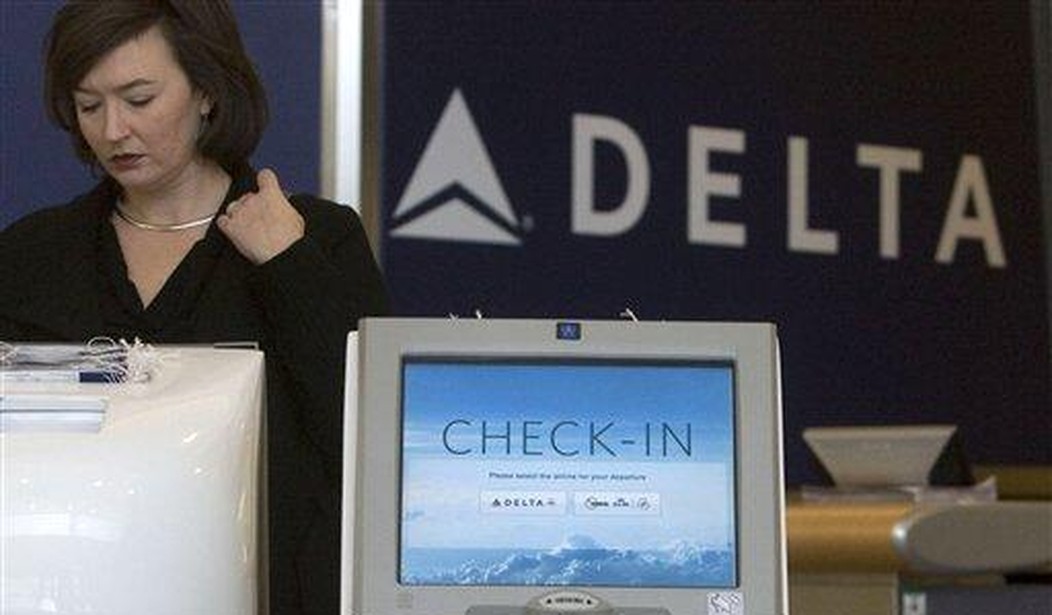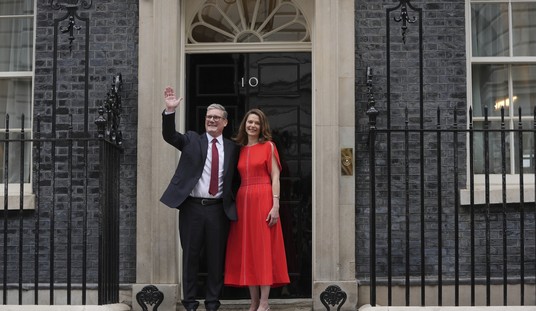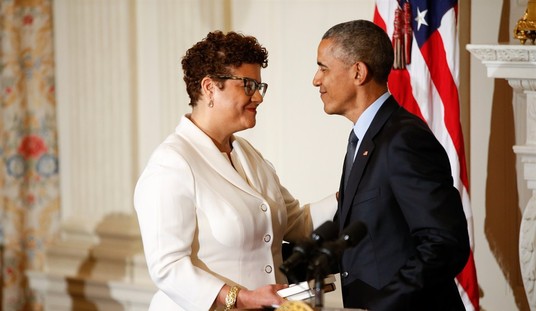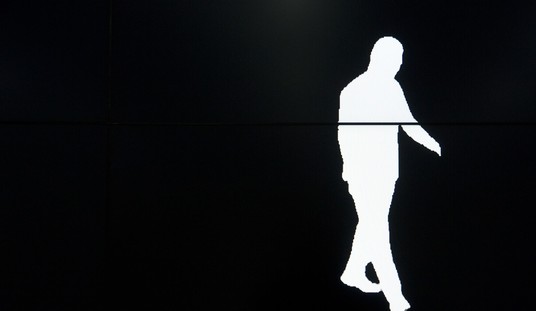The 4th of July is fast approaching and that holiday traditionally results in a surge of air travel as people plan their vacations around the festivities. Of course, if you’ve been to an airport this year you are probably aware that things have not been going smoothly, to put it mildly. While there have always been occasional flight delays and cancellations, air travel in post-pandemic America has been simply chaotic for reasons we’ve discussed here previously. Rather than waiting around to take the blame yet again, the nation’s major airlines are moving preemptively in an attempt to engage in some blameshifting. They’re blaming the Federal Aviation Administration for all of the cancellations and delays and demanding that the FAA publish their schedule for the July 4th weekend in advance so they can plan accordingly. (Associated Press)
Airlines under scrutiny for widespread flight disruptions are renewing their criticism of the government agency that manages the nation’s airspace, saying that understaffing at the Federal Aviation Administration is “crippling” traffic along the East Coast.
Airlines for America, which represents the largest U.S. carriers, said Friday it wants to know FAA’s staffing plans for the July Fourth holiday weekend, “so we can plan accordingly.”
The comments from the industry group could serve as a pre-emptive defense in case airlines again suffer thousands of canceled and delayed flights over the holiday weekend, when travel is expected to set new pandemic-era highs.
Describing this as preemptive defensive measures seems accurate, but that doesn’t mean that it’s unjustified. The airlines have had a preview of what’s coming their way in terms of the government response to disruptions in air travel. You may recall that Mayor Pete, who somehow wound up being our current Secretary of Transportation (because he’s always really liked cars) recently scolded the airlines and threatened them with fines if travel over the holiday season was disrupted.
More than anything else, the ongoing cancellations are being driven by the pilot shortage. The airlines have already enacted a number of measures designed to get their pilot staffing back up to pre-pandemic levels, but that’s going to take time. Of course, other factors are involved and the FAA has their hand in some of that, so the airlines actually have a point. When bad weather causes a flight to be delayed or canceled, it’s actually the FAA that usually makes the final call, though airlines retain the right to make such changes themselves if they believe there is a flight safety issue in play.
Nicholas Calio, the president of the Airlines for America trade group, recently announced that the major airlines had preemptively canceled fifteen percent of the domestic flights that had been previously planned for the 4th of July travel period. They don’t want to see unhappy passengers any more than anyone else because that ends up costing them money. But putting the airlines on the defensive produces a different, negative effect. Fewer available flights mean that seats are scarce and it drives up the cost of tickets.
This is something of a ‘devil and the deep blue sea’ scenario. You can leave the airlines free to schedule as many flights as they believe they might be able to manage with the number of pilots they have available, but that risks higher numbers of cancellations, particularly if the weather gets dodgy. Or you can force them to commit to fewer delays and cancellations and wind up with fewer available flights and more expensive tickets. It’s really a no-win situation under the current circumstances. And until the pilot situation gets resolved, it’s unlikely to change during high traffic periods for the foreseeable future.







Join the conversation as a VIP Member